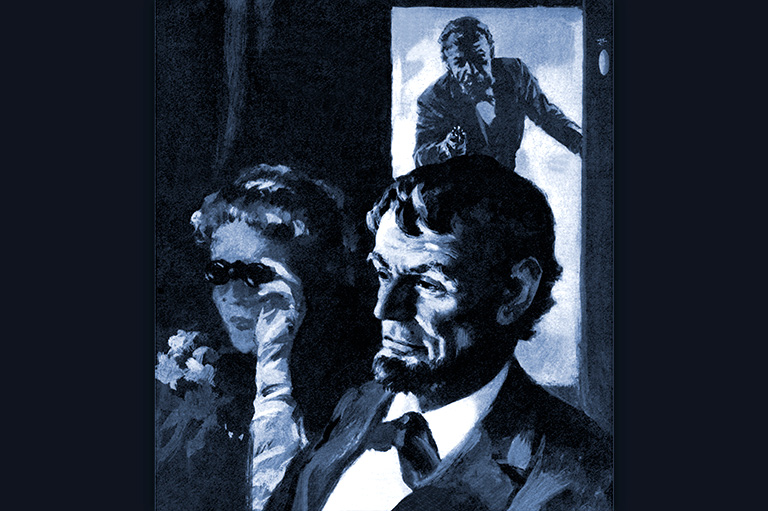Contested Borders
International prisoners of war and extradition are a constant topic of discussion as the United Stated works towards the closure of the Guantanamo Bay detention centre. But these issues have been around for more than a hundred years, in particular across the United States and Canadian border.
Bradley Miller explored the issue in the December 2010 issue of the Canadian Historial Review. He looked at the development of extradition laws in Canada from 1865 to 1883.

At the time, lawmakers grappled with significant challenges, including finding an acceptable solution to the issue of escaped slaves. British extradition laws were specifically designed to avoid all but the most capital crimes, to avoid returning slaves for issues such as theft which was often committed during their flight from the United States.
The result tied the hands of local lawmakers along the border who dealt with many mundane common criminals. The inability to return them to the United States basic felons caused considerable conflict.
“By 1865 this list [of crimes] seemed increasingly out of touch with the situation along the Canadian-American border,” notes Miller.
Canadian attempts to draft a resolution to the problem encountered larger international discussions between the British Empire and a number of countries. British law continued to play a role in deciding these cases, even as local Canadian laws were sometimes enforced.
By 1870, the American Consul General stated privately that “Montreal is now, and for aught I can see will continue to be, with the existing laws,
The ambiguity between Imperial and Canadian law, was only furthered as the Supreme Court of Canada was prevented from hearing extradition cases, thus keeping it from providing a clear ruling on the issue.
Canadian lawmakers went back and forth on the issue, and despite the efforts of Edward Blake, then Justice Minister and future leader of the Liberal Party of Canada, the issue was only settled in 1883 when imperial law took precedence.
The complexities of dealing with the issue of extradition have only multiplied since then, but the initial frameworks provide a glimpse at the challenges facing Canadians today.
With 7 uniquely curated newsletters to choose from, we have something for everyone.
Themes associated with this article
Advertisement




